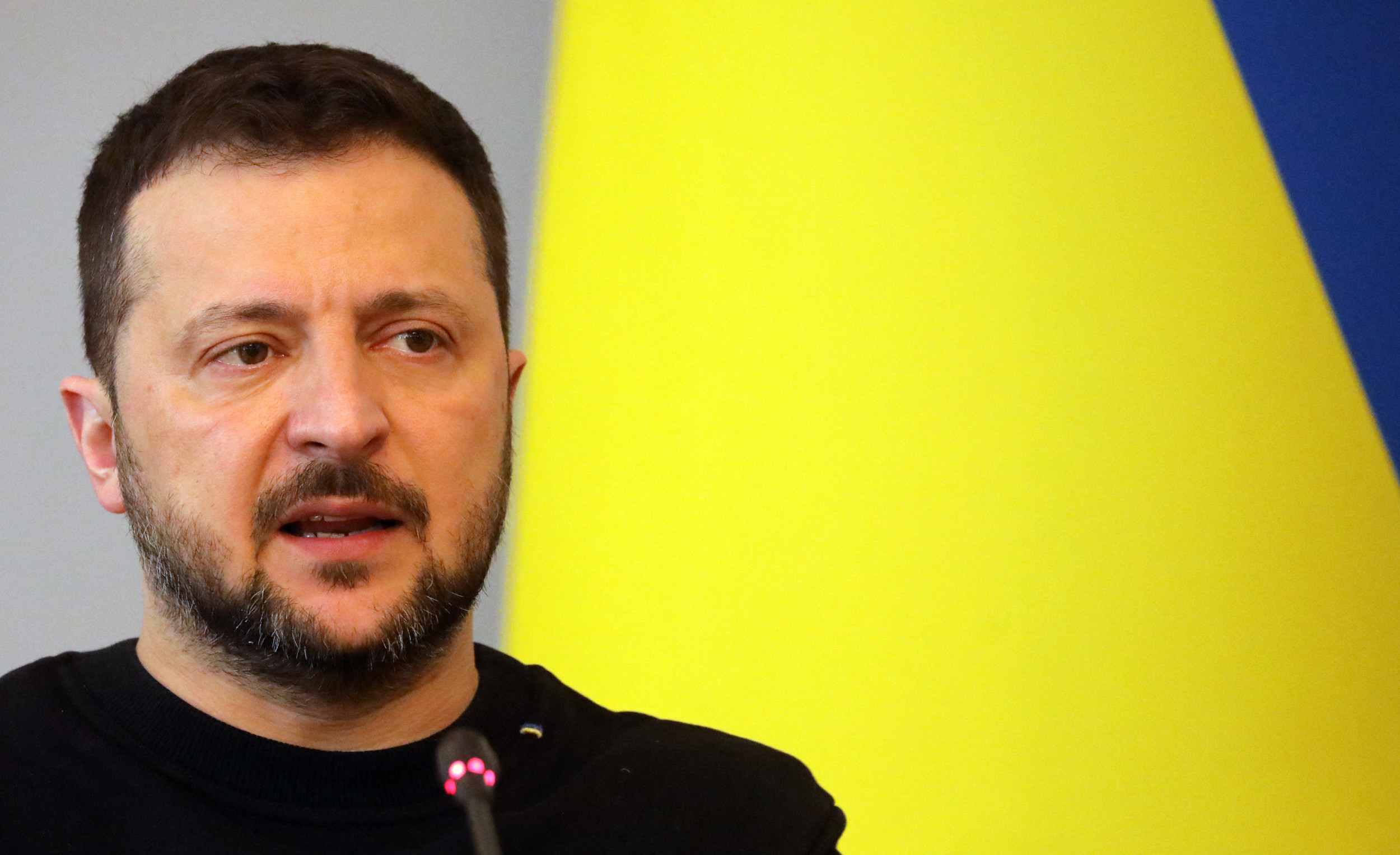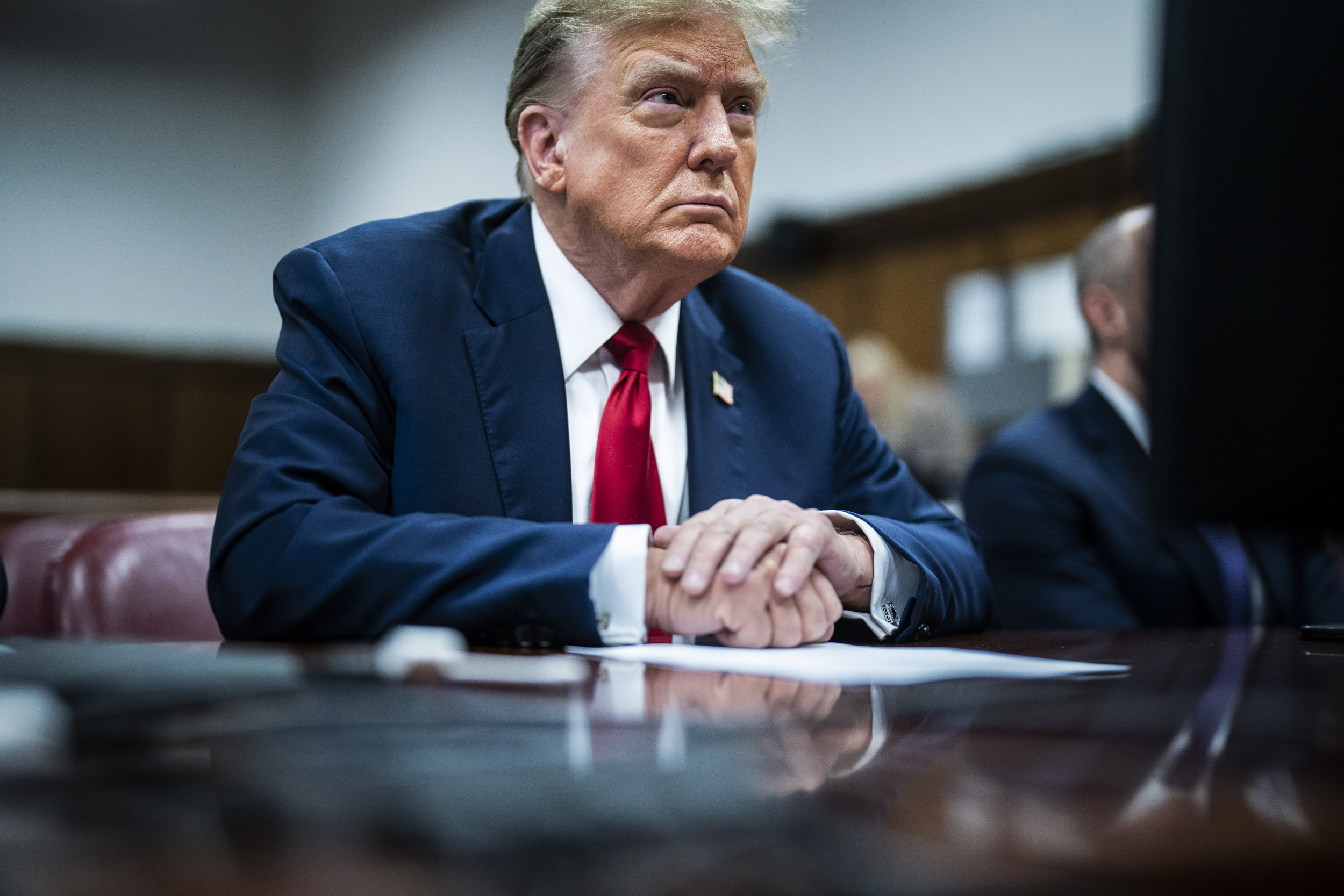
Behind the crimson walls of central Moscow's luxurious Ritz Carlton hotel, delegates from around the world are expected to sit down and talk about "national liberation."
Groups from the Sahara to Texas are invited to attend the forum on Sunday, only 10 minutes from the walls of the Kremlin, though officially this is not a state reception.
The stated purpose of the forum, given the ambitious title "Dialog of Nations," is to unite burgeoning independence movements from Europe, Africa and North America. The topic of discussion is supporting a multipolar world.
The group behind the forum, called the Anti-Globalist Movement of Russia, holds the event for the second time, with groups from Texas, Spain's Catalonia, Italy's Venice and Lombardy all expected to attend. What unites them and other delegations attending is their goal of breaking free from the country they currently form part of.
"Our aims are entirely peaceful, founded in international law," Alexander Ionov, chairman of the group tells Newsweek. "More than anything we discuss human rights and the prevention of armed conflict in disputed territories."
Groups from Scotland, Hawaii and California have also been invited. The movement refuses to specify exactly which organisations from those regions they will receive, until after the event. Ionov denies the movement is controlled by the Russian government and highlights that its forum seeks to discuss peace and independence.
"National liberation movements from all corners of the world will be attending and we do not favor any particular ideology," Ionov says. "Among our guests are communists, socialists and human rights defenders."
He openly admits that a third of the group's budget comes from public grants, including ones released by Russian President Vladimir Putin himself. The group's honorary members include Kremlin-ally Syrian President Bashar al-Assad and ex-Iranian President Mahmoud Ahmadinejad. Their resilience to stand up for "national interests" was the reason for their inclusion, Ionov says, noting that Venezuelan President Nicolas Maduro was also invited to join.
What these men represent, more than independence for any specific region, is their rhetoric against U.S. influence in the world. This plays into the Anti-Globalist Movement's key tenet is combating what Ionov calls the "double standard" set by the U.S. and EU in supporting some independence movements and not others.
"This policy of double standards occurs when the U.S. can support a referendum in Kosovo or Sudan and the EU recognizes it, but if Catalonia, Donbas or Northern Italy want to leave, than that is called 'separatism,'" he says.
As far as the movement is concerned, the conflict in eastern Ukraine's border regions, known collectively as Donbas, is, as the Kremlin argues, a local uprising. Ukraine and its Western partners have long debunked those claims, treating the Russian-armed, Russian-speaking fighters on Ukraine's eastern border with Russia, as a foreign, invading force.
Ionov disagrees. "In the West, they love to talk about the uniqueness of the situation in Novorossiya," he says, using the another, more controversial name for southeast Ukraine, meaning 'New Russia'. "However, they forget about the fact that across the territory of the EU, large national-liberation movements have been operating for decades," he adds.
Despite Ionov's warning that the EU and Ukraine are turning a blind eye to independence groups, the prospective guest of the forum features no groups that seek to break away from Russia.
"There are no separatists in Russia," Ionov explains. "We have a different mentality and other problems."
Separatism is a criminal offense in Russia and the word itself has strongly negative connotations since Russia's devastating conflict with the secessionist militants from the Republic of Chechnya, in the 1990s.
"If you are talking about the events in Chechnya, 20 years ago, that was a tragedy for the whole of modern Russia, in which terrorists were funded by foreign states," he says, referring to another popular theory posed by Russian officials today, that the insurgency was an artificial one. "In Russia there are no organisations who want self-rule."
Peter Kreko, director of Hungary's Political Capital think-tank says the Anti-Globalist Movement resembles many other Russian initiatives, promoting kinship with political groups on the fringes of European establishments.
"We have seen a lot of these efforts in the last years, with far-right and far-left groups," Kreko says, referring to forums attended by parties, such as Greek nationalists Golden Dawn, Bulgarian nationalists Ataka, Hungarian far-right Jobbik and others.
The movement denies that its aim is to sow disunion in Europe or anywhere else, stressing that it is apolitical but seeks to promote weaker territories, suppressed by greater powers. Kreko insists that that the general narrative in Russia is to be very selective over which powers it perceives as oppressing legitimate independence movements and which ones it considers, that maintain sovereignty.
"The important thing is what the movement does fits perfectly to the general strategy of the Kremlin to encourage secessionist movements throughout Europe and encourage referenda," he says.
"The Russian government often refers to the 'self-determination' of this or that nation, but when Kosovo and Chechnya wanted to be autonomous regions, they did not seem to be so supportive. This is just a hypocritical justification for the destabilization of the West via territorial disintegration," he says.
Meanwhile the mystery around which groups will attend, Kreko argues, probably suggests that the affection between the movement for mainstream independence parties, such as ones in Scotland and Catalonia is one-sided.
Uncommon Knowledge
Newsweek is committed to challenging conventional wisdom and finding connections in the search for common ground.
Newsweek is committed to challenging conventional wisdom and finding connections in the search for common ground.
About the writer
I am a Staff Writer for Newsweek's international desk. I report on current events in Russia, the former Soviet Union ... Read more
To read how Newsweek uses AI as a newsroom tool, Click here.








